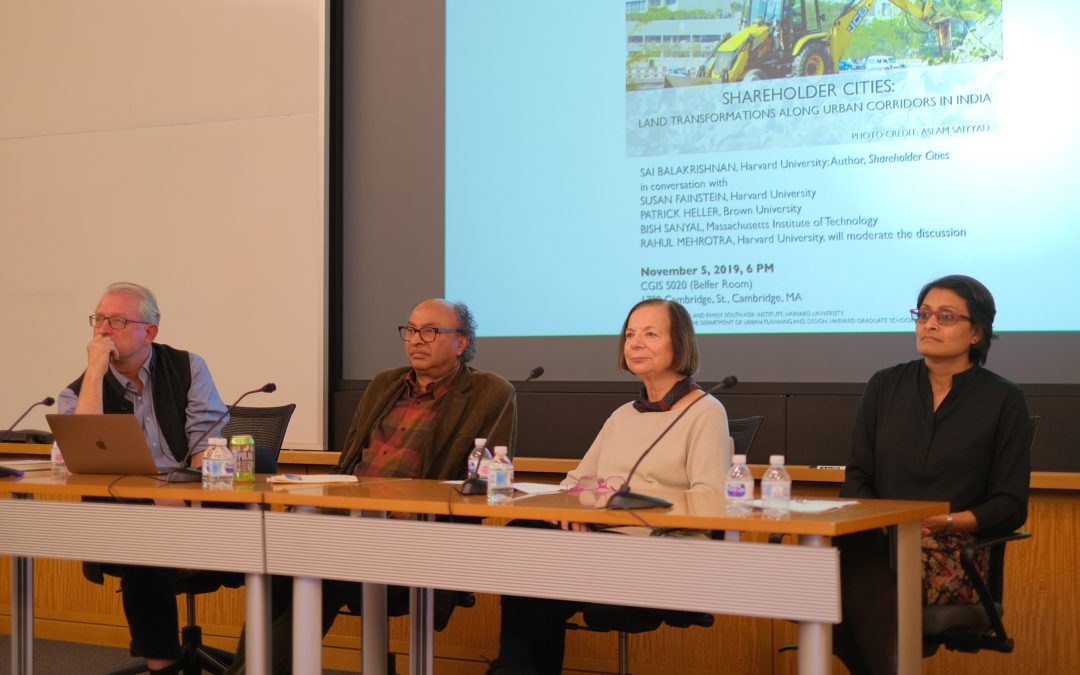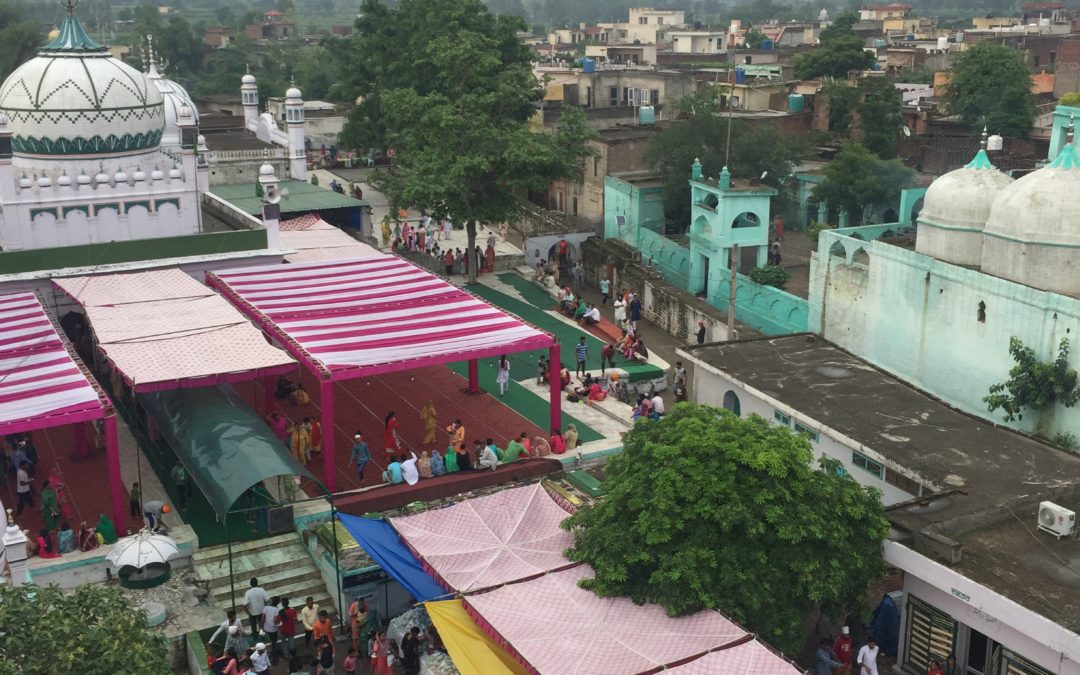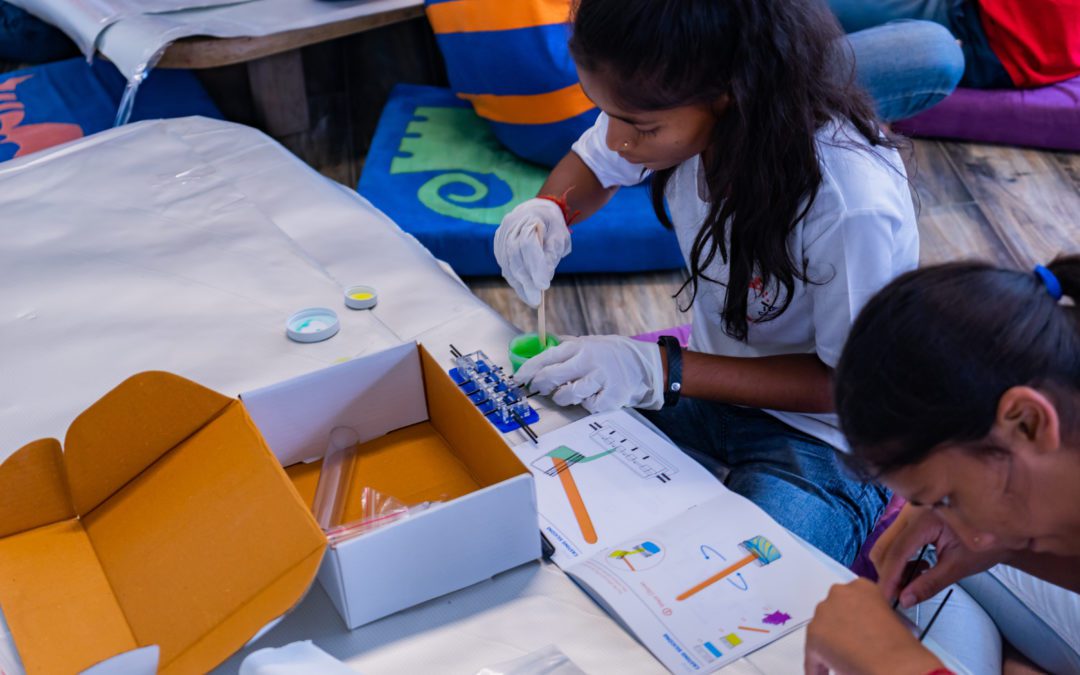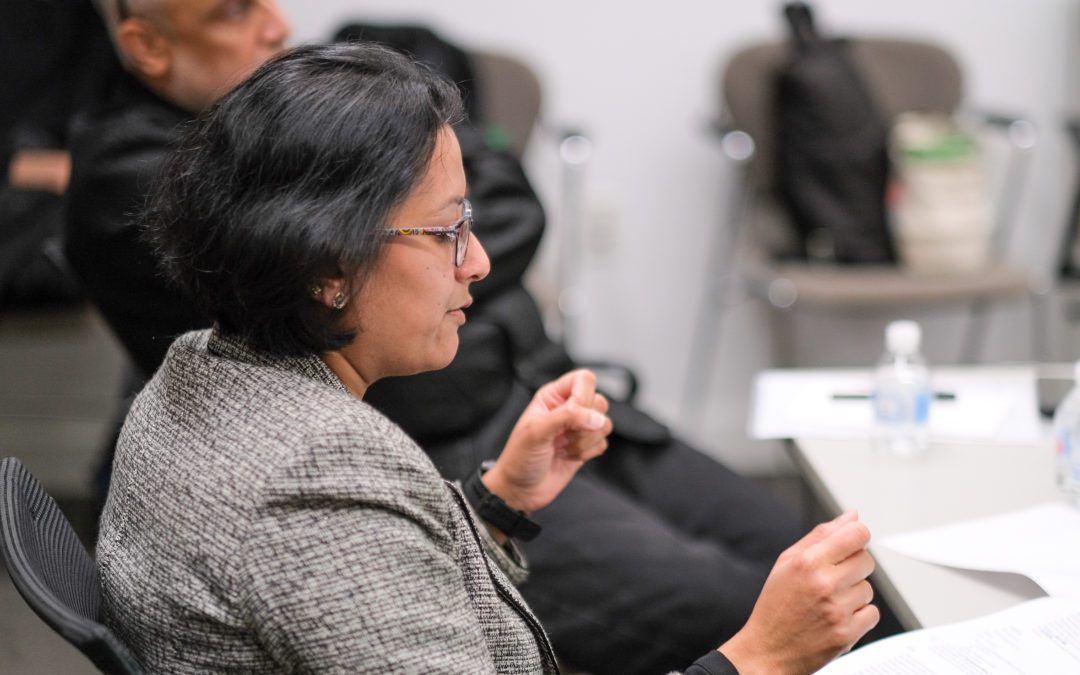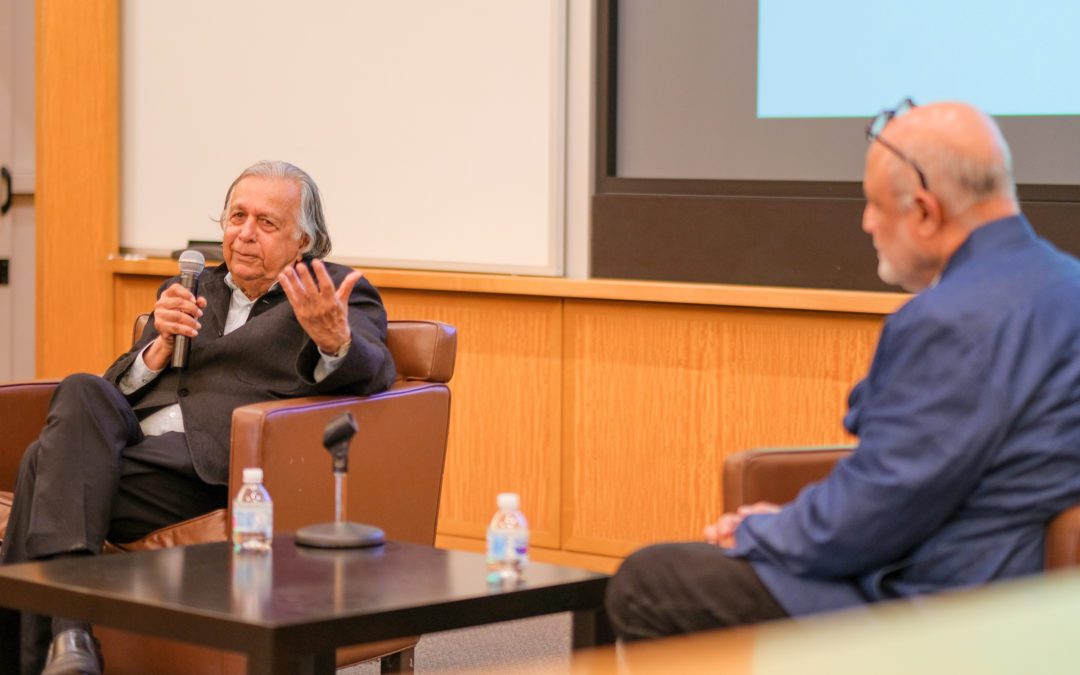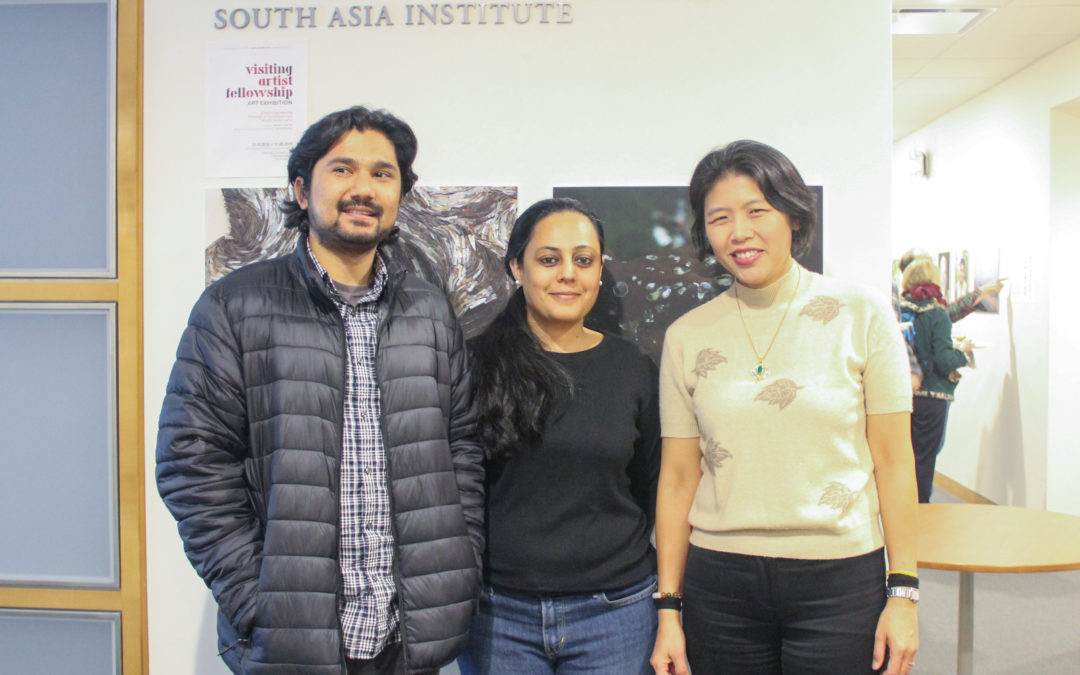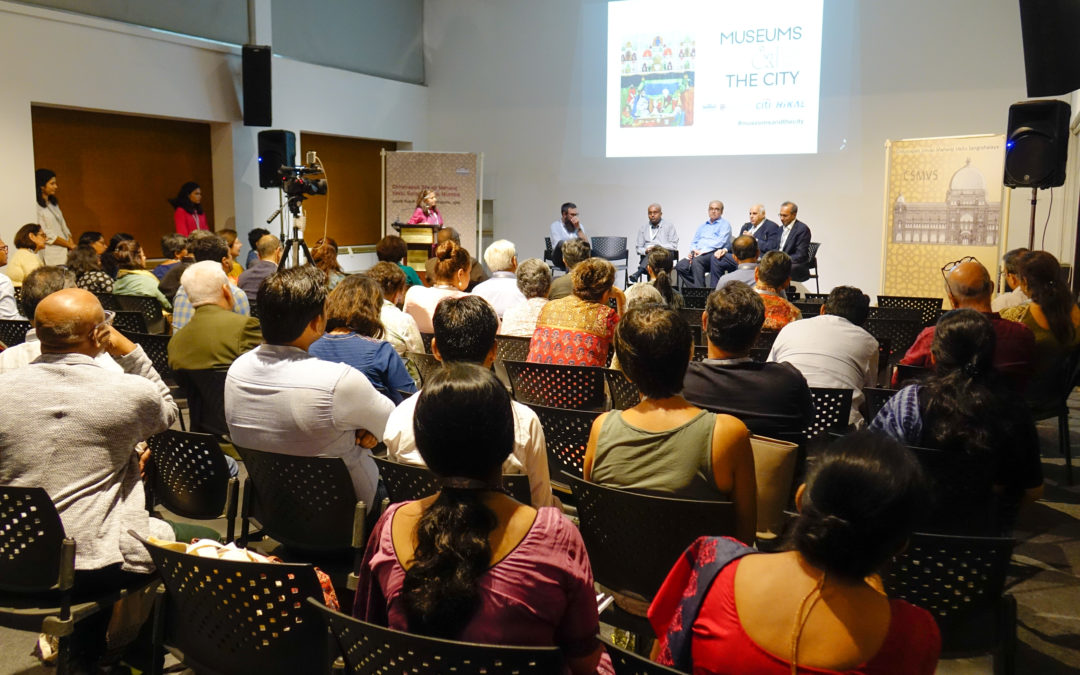Naveen Bharathi: Fractal Urbanization and Residential Segregation in Liberalizing India

Each year, the Mittal Institute welcomes a new Raghunathan Family Fellow to support recent PhDs whose research lies in the humanities and social sciences related to South Asia. Naveen Bharathi, the Mittal Institute’s 2019-20 Raghunathan Family Fellow, comes to Harvard with a breadth of experience as an architect, planner, and researcher of political sociology and political economy of identity in India. Most particularly, his research explores the relationship between ethnic diversity and development in contemporary urban India.

